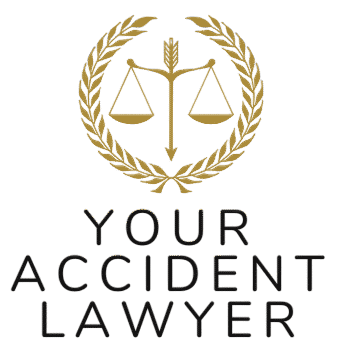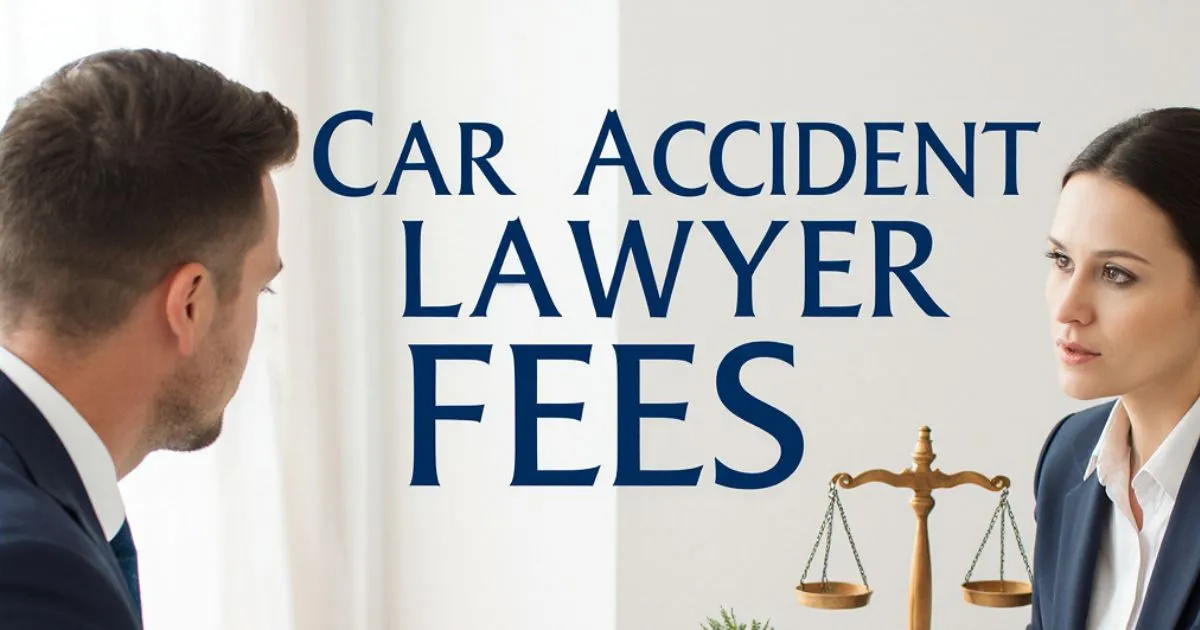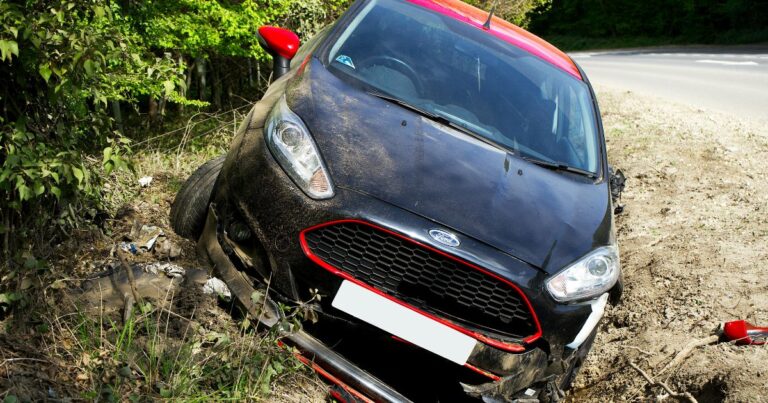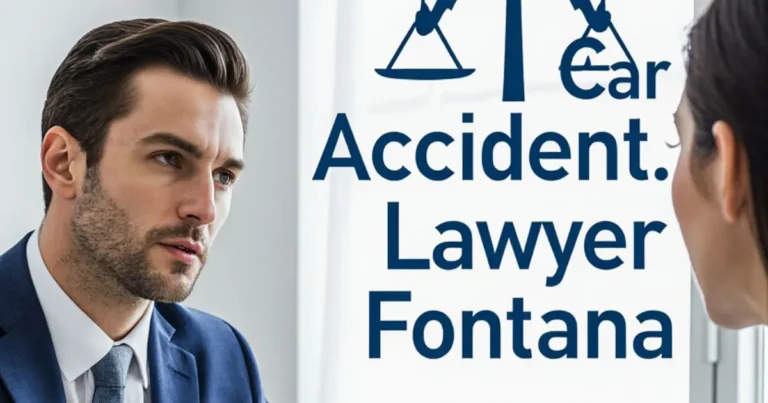Car Accident Lawyer Fees: 7 Things You Must Know Before Hiring
The Hidden Costs of Justice: What You Must Know Before You Sign
You didn’t wake up today expecting your life to be flipped upside down by a car accident. In the middle of dealing with physical pain, emotional shock, and insurance headaches, you now face another difficult step: hiring a car accident lawyer. But here’s something most people overlook. Choosing a lawyer is not just about skill; it’s also about understanding what you’ll actually pay.
Imagine finally winning your case, only to realize that the lawyer’s fees swallowed a huge chunk of your settlement. It happens more often than you think. This guide is here to walk you through the seven most critical things you must know about car accident lawyer fees before making a decision that could impact your financial recovery.
Table of Contents
1. What Are Car Accident Lawyer Fees?
When you hire a car accident lawyer, you’re not just paying for someone to represent you in court. You’re paying for their time, expertise, resources, and sometimes, their reputation. But not all fees are created equal. You need to understand what you’re agreeing to before you sign anything.
Common Types of Car Accident Lawyer Fees
- Contingency Fees: The most common arrangement in car accident cases. You only pay if you win your case. The lawyer takes a percentage of the final settlement.
- Hourly Rates: You pay based on the number of hours your lawyer spends on your case. This is rare for personal injury cases but can come up in complex situations.
- Flat Fees: A set fee for specific legal services. Not typically used in car accident claims.
- Retainer Fees: An upfront payment that may be used against future legal work. Less common for car accident cases.
The contingency fee model is usually the safest and most affordable option for you since it aligns your lawyer’s interest with yours: they only get paid if you win.
2. How Do Contingency Fees Work in Car Accident Cases?
You’ve probably seen the commercials: “No win, no fee.” But how does that actually work?
When you agree to a contingency fee, you’re typically signing up for your lawyer to receive 33% to 40% of your settlement or court award. This percentage might feel high, but it often covers the entire cost of handling your case, from investigations to paperwork and negotiations.
Example Breakdown
Let’s say you win a settlement of $90,000.
- Lawyer’s fee (33%): $29,700
- Expenses (court fees, document preparation): $3,000
- Your final amount: $57,300
But here’s where it gets tricky—you need to know when the lawyer calculates their percentage.
- Some lawyers take their cut from the gross settlement (before expenses are deducted).
- Others take their fee from the net settlement (after expenses are deducted).
If you don’t clarify this, you could end up with less money than you expected.
Additional Costs Not Covered by Contingency Fees
- Court filing fees
- Expert witness charges
- Medical records retrieval
- Investigation expenses
Pro Tip: Always ask whether these additional costs are deducted before or after the lawyer takes their percentage.
3. The Importance of a Written Fee Agreement
You might trust your lawyer, but verbal agreements don’t protect you when things go wrong. A written fee agreement is your legal safety net.
What Your Fee Agreement Must Include:
- The agreed-upon contingency percentage
- How expenses are handled
- Whether you owe anything if the case is lost
- Payment timelines
Questions You Must Ask Before Signing:
- Are there any upfront costs?
- Who pays for additional expenses if we lose?
- How will I receive my share of the settlement?
Don’t skip this step. Reading every detail ensures you fully understand what you’re committing to and protects you from hidden fees.
4. Factors That Influence Car Accident Lawyer Fees
Not every car accident case is the same. Several factors can raise or lower what a lawyer charges you.
Key Factors:
- Complexity of the Case: Multi-car pile-ups or disputed liability cases may cost more.
- Severity of Injuries: The more serious your injuries, the higher the potential settlement and, usually, the higher the lawyer’s fee.
- Investigation Needs: Cases that require accident reconstruction experts or multiple witness statements might increase costs.
- Trial vs. Settlement: If your case goes to trial, expect a higher fee percentage.
Situations That May Increase Lawyer Fees:
- Disputes over who is at fault
- Accidents involving commercial vehicles
- High medical bills with long-term treatments
Understanding these variables will help you negotiate better and set realistic expectations.
5. How to Negotiate Car Accident Lawyer Fees
Here’s something most people don’t realize: lawyer fees are often negotiable. Especially in straightforward cases or when you have multiple lawyers interested in your case.
Tips for Negotiating Fees:
- Shop Around: Consult at least three lawyers and compare their fees and terms.
- Ask for a Lower Percentage: Some lawyers may drop their fee from 33% to 25% for less complex cases.
- Negotiate Additional Costs: Try to get a deal where certain fees are waived or absorbed by the law firm.
Being proactive can save you thousands.
6. Red Flags: When to Walk Away
Not every lawyer who advertises “free consultation” is someone you should trust. You must keep an eye out for warning signs that a lawyer isn’t transparent about their fees.
Major Red Flags:
- Refusal to give a written fee agreement
- Vague or unclear answers about costs
- Pressure to sign quickly without proper explanation
- Unrealistically high fees without solid reasoning
If something feels off, trust your instincts and look elsewhere. You have options.
7. Finding a Fair and Trustworthy Car Accident Lawyer
Not all car accident lawyers are created equal. Some genuinely care about your recovery and financial well-being. Others are just chasing a paycheck.
How to Find a Good Lawyer:
- Read Reviews: Look for testimonials from past clients that mention fairness and communication.
- Verify Credentials: Check for licensing and whether the lawyer has been disciplined.
- Ask for Referrals: Talk to people who have been through similar cases.
Quick Hiring Checklist:
- Clearly explains fees and process
- Provides written agreement
- Has experience with car accident cases
- Responds quickly to your questions
The right lawyer will not only fight for your case but will also make sure you understand exactly what you’re paying for.
Conclusion: Be Informed Before You Commit
The road to recovery after a car accident is already challenging. Don’t let confusing or unfair lawyer fees make it worse. By understanding how car accident lawyer fees work, asking the right questions, and knowing how to protect yourself, you can hire someone who will genuinely look out for your best interests.
Remember, the lawyer you choose should be someone you trust—not just to win your case, but to treat you fairly every step of the way.
Frequently Asked Questions About Car Accident Lawyer Fees
How much do car accident lawyers typically charge?
Most car accident lawyers work on a contingency basis, charging 33% to 40% of the total settlement. Always clarify if this fee comes before or after other expenses are deducted.
Do I have to pay car accident lawyer fees if I lose the case?
Usually, no. Most contingency agreements mean you won’t owe your lawyer if you lose, but you might still be responsible for out-of-pocket expenses like court fees.
Can I negotiate car accident lawyer fees?
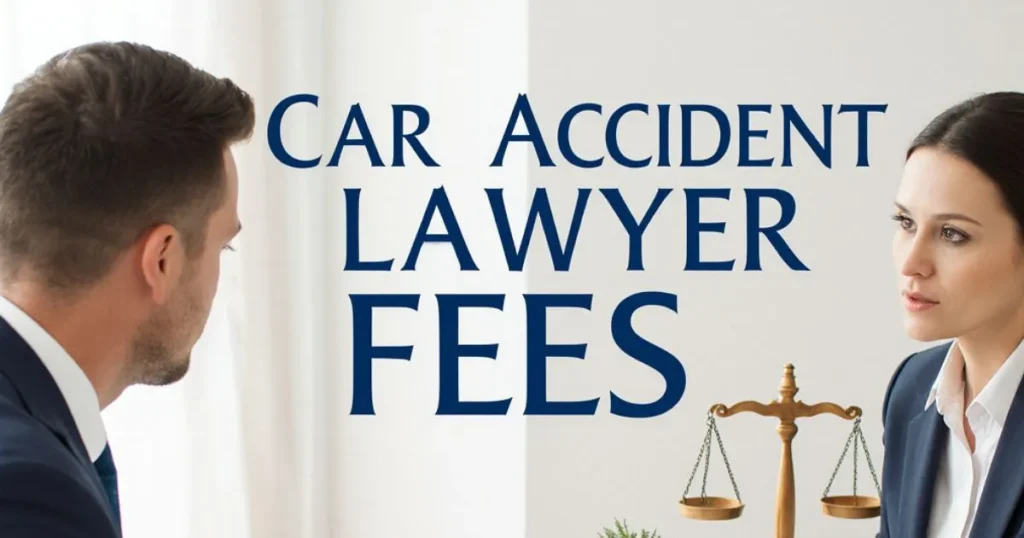
Yes. Many lawyers are open to reducing their percentage, especially in straightforward cases. You can also negotiate how additional expenses are handled.
Are there hidden costs with car accident lawyer fees?
There can be. Always ask for a full list of potential additional costs, including court filing fees, expert witness fees, and investigation expenses.
How do I know if a car accident lawyer’s fees are fair?
Compare multiple lawyers, read online reviews, and always insist on a clear, written fee agreement that explains everything in detail.
Take Action: Protect Yourself Now
Don’t rush. Take your time to interview multiple car accident lawyers, ask direct questions, and ensure you fully understand the fees before you commit. Your financial recovery depends on making an informed choice.
If you found this guide helpful, share it with someone who might need it—and remember, the right lawyer will always prioritize your well-being, not just their paycheck.
